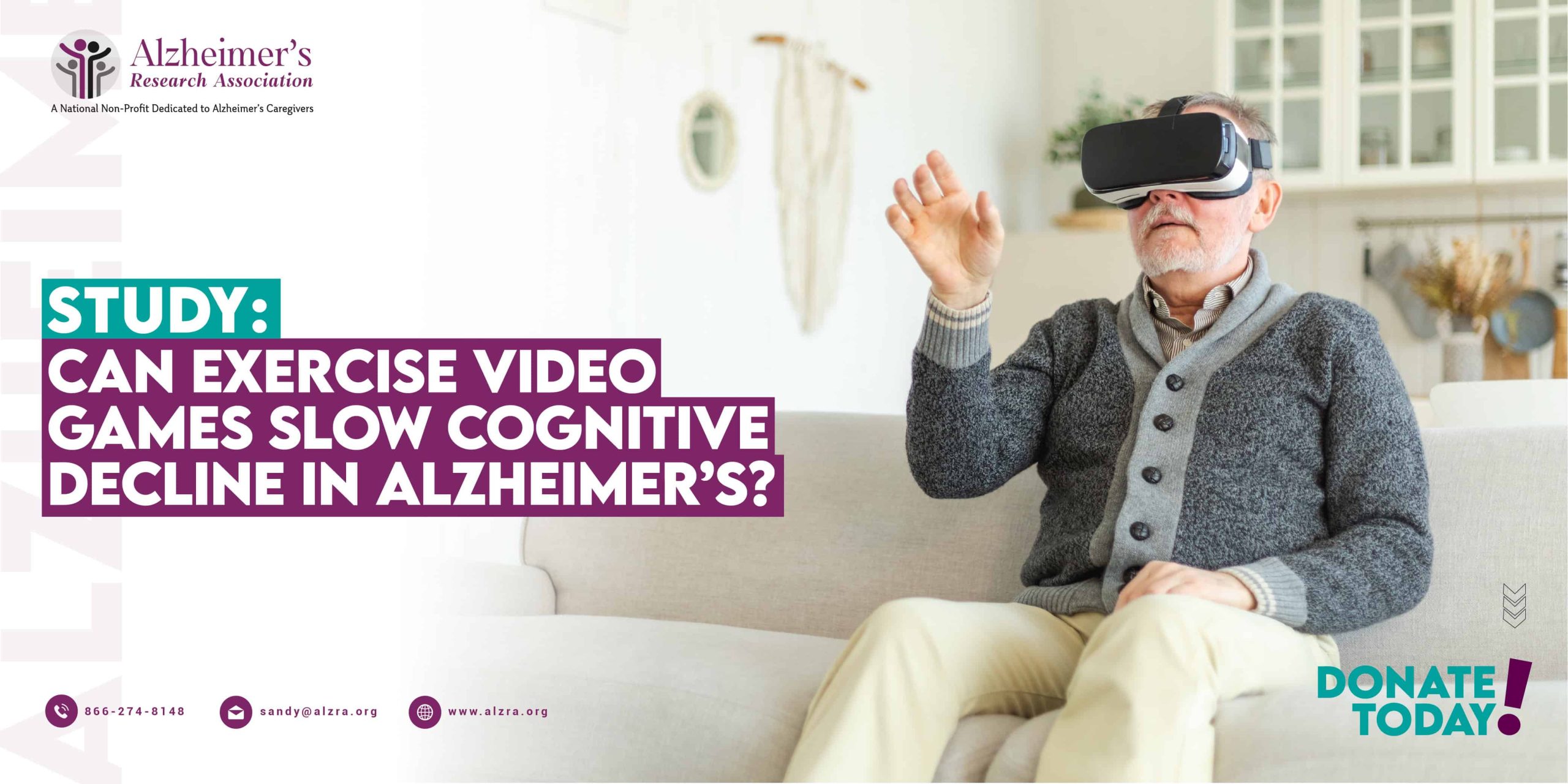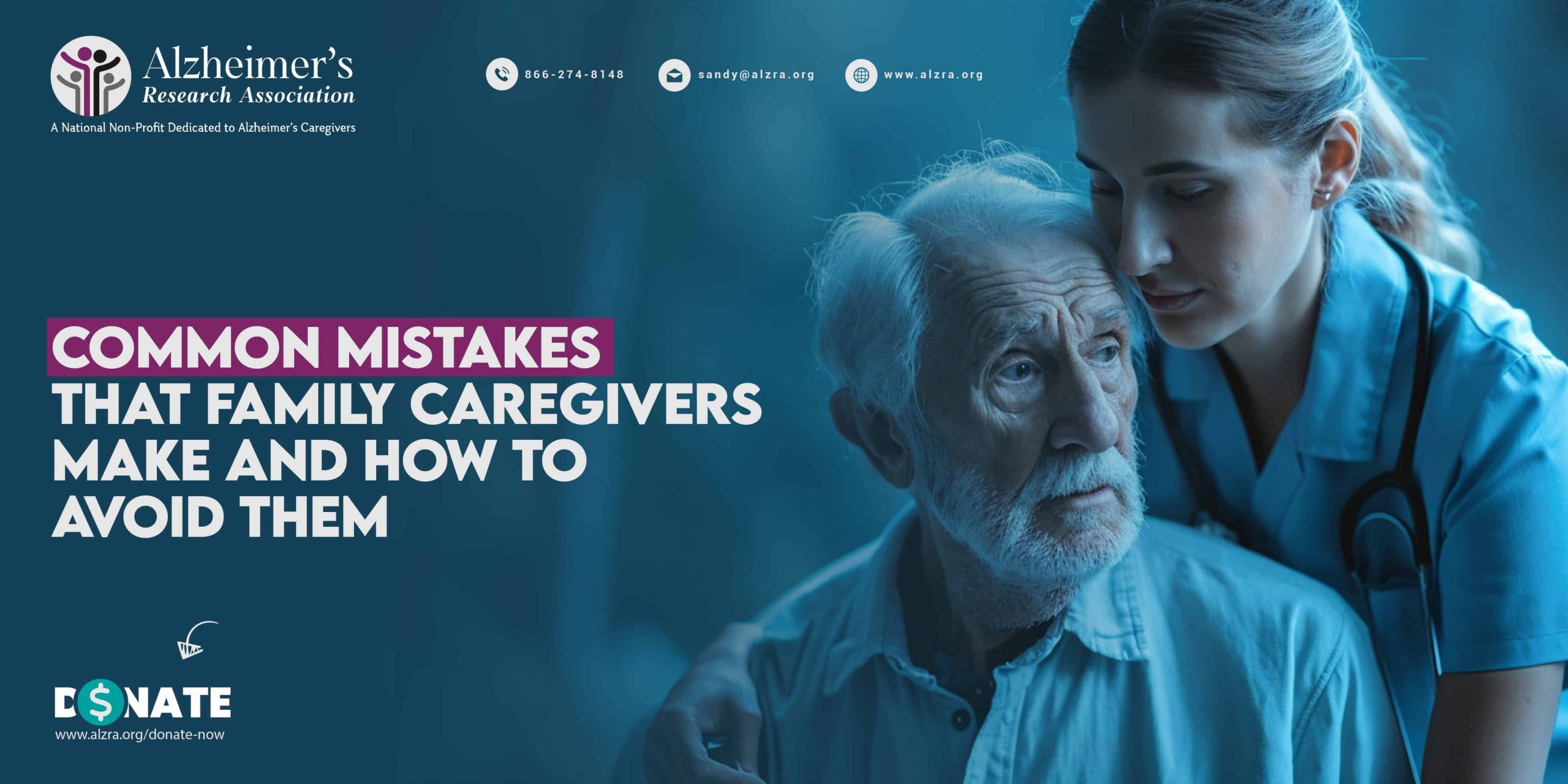Exergaming refers to technology that encourages physical activity and may also offer cognitive benefits. Recent research has suggested that intensive exergaming positively affects the brain’s white matter and gray matter, potentially leading to cognitive benefits.
Exergaming is the use of interactive video games that require physical movement. It combines exercise and play in a way that may also offer cognitive benefits such as improved attention, memory, and problem-solving skills.
Exergaming combines exercise and play in a way that may offer cognitive benefits, including enhanced attention, memory, and problem-solving skills. It is one of the areas for current research, as experts are increasingly curious to understand how these games can enhance brain function [1].
Recent research indicates that serious exergame-based training may lead to beneficial brain changes in patients with mild cognitive impairment. These brain changes may be associated with cognitive benefits. The journal Alzheimer’s Research and Therapy published the recent study [2].
Effects of Exergame Training on Mild Cognitive Impairment
Mild cognitive impairment can cause memory problems and raise the risk of acquiring dementia.
The authors of a recent research highlighted that individuals with mild cognitive impairment undergo brain changes, such as reductions in brain mass, that exceed those seen in typical aging. Quick action can help reduce cognitive decline and protect the brain.
The current study investigated the effects of a particular exergaming intervention in individuals with mild cognitive impairment. The researcher focused on brain changes and their potential connections to cognitive enhancements.
It was part of a broader randomized controlled trial that investigated how exergame and breathing training influenced cognitive performance.
Overall, the trial demonstrated that the training slowed down cognitive deterioration and even improved cognitive function for almost half of the participants [3].
The current research is a substudy that examines alterations in the gray and white matter in participants’ brains.
The Recent Study: Brain Changes and Their Potential Link to Cognitive Benefits
The current study is based on a trial involving participants with mild neurocognitive disorder but no other neurological illnesses.
Researchers randomly divided the 41 individuals into two groups: the intervention group and the control group. About 87% of the participants had biomarkers associated with a cause of mild cognitive impairment, with the majority appearing to be symptoms of Alzheimer’s disease.
Individualized breathing and exergame training were part of the intervention. According to the authors, the program was multidomain and provided training in self-regulation, as well as in motor, cognitive, and physical functions.
Participants received this intervention in addition to their regular medical care. The researchers directed the participants to complete at least five training sessions per week, with each session lasting a minimum of twenty-four minutes. Outcome assessors were unaware of which participants were in the control or intervention groups.
MRIs were performed on the able participants both before and following the 12-week intervention. The investigation included participants who had complete MRI data available for assessment by the researchers. The full details of 30 subjects were available to the researchers.
The cognitive performance of the intervention group improved, while the control group’s performance declined.
Additionally, the intervention group performed better in both immediate and delayed verbal recall tests. The intervention had a beneficial effect on the volume of gray and white brain matter.
For instance, gray matter volume in the hippocampus seemed to benefit from the intervention. Alzheimer’s typically leads to shrinkage in the hippocampus. In terms of white matter, the anterior cingulate cortex benefited.
Researchers also discovered a weak correlation between individuals’ reported “improvements in verbal delayed recall” and alterations in gray matter volume in the left thalamus and the whole hippocampus.
The intervention may have protected the integrity of the white matter. Cognitive enhancement was somewhat associated with white matter integrity, particularly in certain regions.
What are the Limitations and Future Prospects of the Study?
There are some known limitations to this study. To begin with, the initial randomized control trial had drawbacks, including a limited sample size and a brief intervention period.
Furthermore, only a few training sessions occur under the supervision of a researcher. However, the exergame system also helped monitor participants’ progress.
The researchers of the substudy acknowledged that the original trial lacked sufficient power for neuroimaging results. As a result, they recommend caution when interpreting the findings.
Participants in the original study had minor cognitive impairment from various causes. The substudy faced difficulties because of this and the small sample size. It is unclear whether the effects apply to all forms of mild cognitive impairment or if a specific subtype is responsible for the outcomes.
Although researchers examined the entire brain, they focused on specific regions for the study. Therefore, more investigation might be required.
This paper could encourage future studies to use larger sample sizes. More investigation is needed to determine whether the benefits in word recall and cognition are due to the reported changes in the brain, as well as whether the changes may affect other functions. However, the authors believe that the observed relationships indicate a causal connection.
Overall, further investigation can aim toward understanding the intricate alterations in the brain and how control and intervention groups differ from one another. Future studies can also look into potential long-term impacts and whether exergaming can help prevent dementia.
Alzheimer’s Research Association is a non-profit organization dedicated to helping caregivers of Alzheimer’s disease and dementia. We provide the latest information and news about the illness and helpful tips to help caregivers cope with their daily caregiving challenges. We realize the most important thing that a caregiver needs is financial assistance. Therefore, we provide grants to caregivers to ease their financial burden. Caregivers can apply for grants here: Alzheimer’s Grant Application.
You can also help caregivers in their endeavor by donating as much as possible: Donation to Alzheimer’s Research Association.
References
- Attoh-Mensah, E., Bel, J.F., El Ayoubi, K., Boujut, A., Ramanoël, S. and Perrochon, A., 2025. Neurobiological effects of Exergame Interventions in Older Adults with or without a neurocognitive disorder: A Systematic Review. Neurobiology of Aging.
- Manser, P., Rosio, M., Schmidt, A., Michels, L. and de Bruin, E.D., 2025. Structural brain improvements following individually tailored serious exergame-based training in mild neurocognitive disorders: exploratory randomized controlled trial. Alzheimer’s Research & Therapy, 17(1), p.190.
- Manser, P. and de Bruin, E.D., 2024. “Brain‐IT”: Exergame training with biofeedback breathing in neurocognitive disorders. Alzheimer’s & dementia, 20(7), pp.4747-4764.
- Freeborn, J. Video games that help you exercise may also keep the brain fit, study shows. Medical News Today. https://www.medicalnewstoday.com/articles/video-games-that-help-you-exercise-may-also-keep-the-brain-fit-study-shows. Published Online: 15th September, 2025. Accessed: 28th October, 2025.
- B0se, P. Can video game–style exercise slow Alzheimer’s risk? News Medical Life Sciences. https://www.news-medical.net/news/20250910/Can-video-gamee28093style-exercise-slow-Alzheimere28099s-risk.aspx. Published Online: 10th September, 2025. Accessed: 28th October, 2025.


